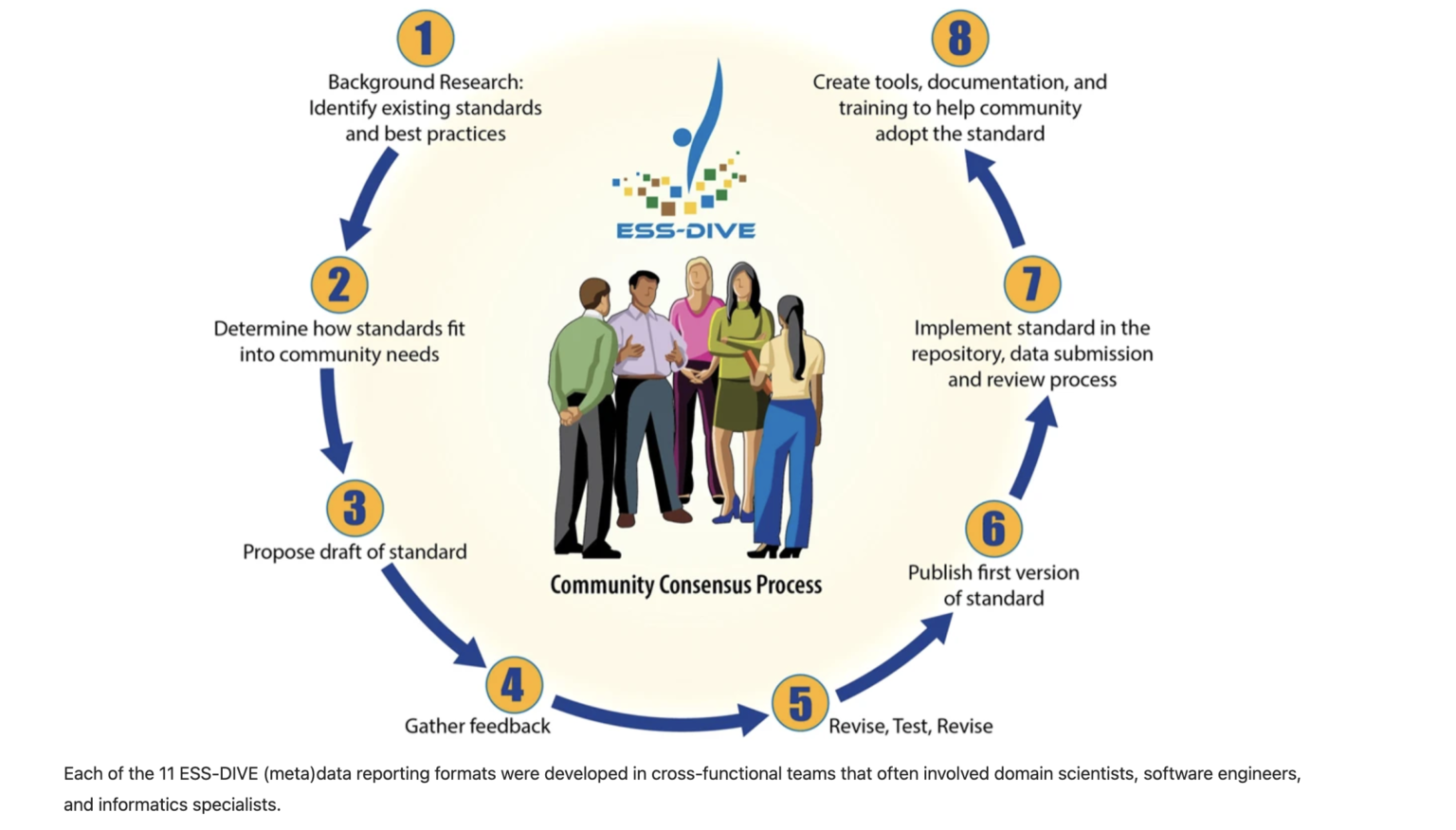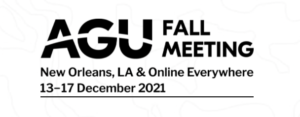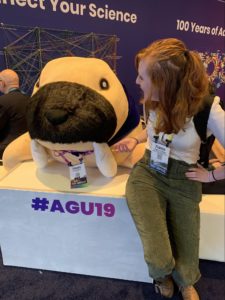The Environmental System Science Data Infrastructure for a Virtual Ecosystem (ESS-DIVE) data archive, based at Lawrence Berkeley National Laboratory, is thrilled to announce the 2023 ESS-DIVE Open Data Workshop (ODW). This annual event promises to be two days of inspiration, collaboration, and knowledge sharing, bringing together Principal Investigators (PIs) and team members engaged in Environmental System Science (ESS) projects.
This year, the 2023 ESS-DIVE ODW holds special significance as it aligns with the United States government’s celebration of 2023 as the “Year of Open Science.” This multi-agency initiative across the federal government aims to foster open science engagement through events and activities that promote open, equitable, and secure science.
“The 2023 ESS-DIVE Open Data Workshop is a prime opportunity for Environmental System Science researchers to tap into the momentum of the Year of Open Science and bolster their projects with cutting-edge data management practices,” says Charuleka Varadharajan, Principal Investigator with ESS-DIVE.
Building on the success of last year’s Community Data Workshop, this event is tailored to serve both newcomers and those already familiar with ESS-DIVE. The focus will be on new features and resources that facilitate collaboration, and Open data management and publishing to enhance the research process.
By attending this workshop, you will gain access to important information and networking opportunities, offering you the following benefits:
- Make High-Quality Data Management Easier: Efficient data curation and integration is critical to save time and resources for ESS-related projects. Learn how to use ESS-DIVE tools and resources to make publishing high-quality data and collaborative data management easier. And participate in discussions to shape how we can standardize data practices as a community, work with large and complex data, automate repetitive data tasks, and bridge data silos.
- Integrate and Use ESS Data: Learn about new ESS-DIVE tools that will make it easier to discover and integrate ESS data. Explore a unique collaborative paper opportunity that aims to compile scientific use cases for data linking and integration across the U.S. DOE’s Biological and Environmental (BER) data systems, including the Joint Genome Institute (JGI), Systems Biology Knowledgebase (KBase), National Microbiome Data Collaborative (NMDC), Environmental Molecular Sciences Laboratory, (EMSL), Atmospheric Radiation Measurement (ARM), Earth System Grid Federation (ESGF), and ESS-DIVE.
- Network and Learn from Peers: Participate in a collaborative, interdisciplinary environment where you can learn from fellow scientists with a variety of expertise across data, computational, and domain sciences. Share experiences, challenges, and innovative solutions to advance open ESS data and reuse.
Register Now: Registration for the 2023 ESS-DIVE Open Data Workshop is now open, and encouraged for anyone who is part of an ESS project. While participants are encouraged to attend both days for the full experience, they are also welcome to join sessions of their interest. To secure your spot, simply complete this registration form. Once registered, you will receive a personalized Zoom link, granting you access to the event.
Each session will provide ample opportunities for participants to engage with the ESS-DIVE team, ask questions, share comments, and provide feedback. Before the event, registered attendees will receive quick instructions on preparing for tutorials and discussions to make the most of their experience.
To discover more about the workshop or ESS-DIVE in general, please visit the workshop event page or contact ess-dive-support@lbl.gov.
Don’t miss the chance to be part of this transformative event and take your ESS projects to new heights. Join us at the 2023 ESS-DIVE Open Data Workshop for two days of learning, networking, and innovation.



